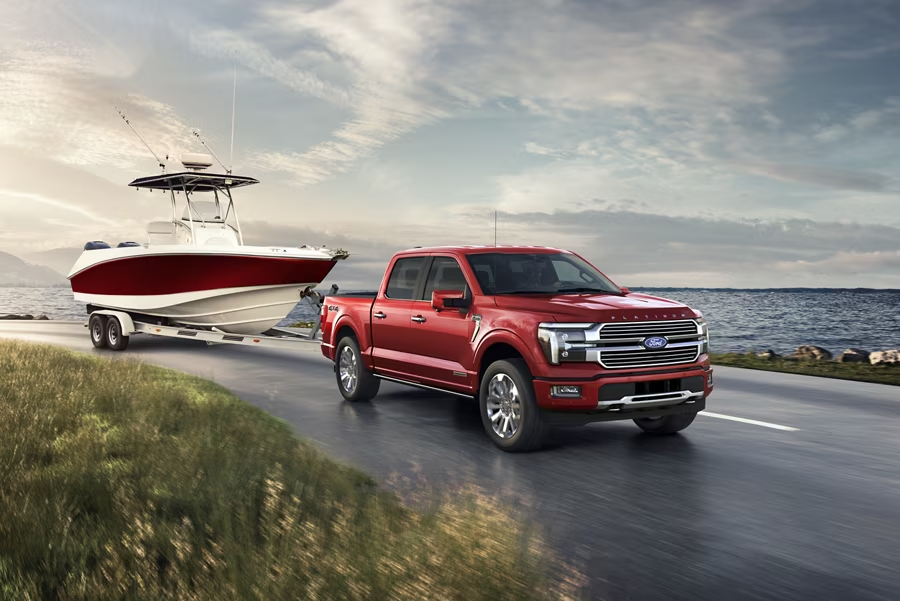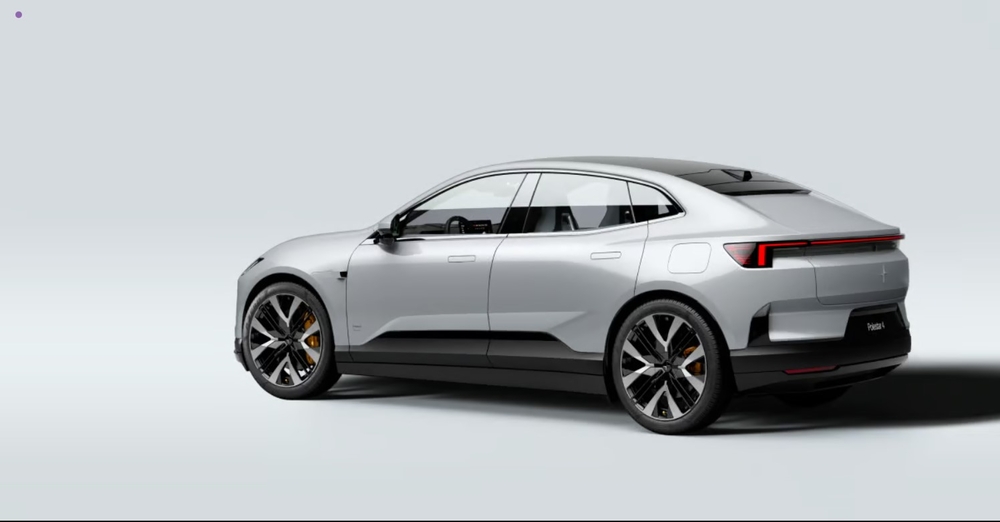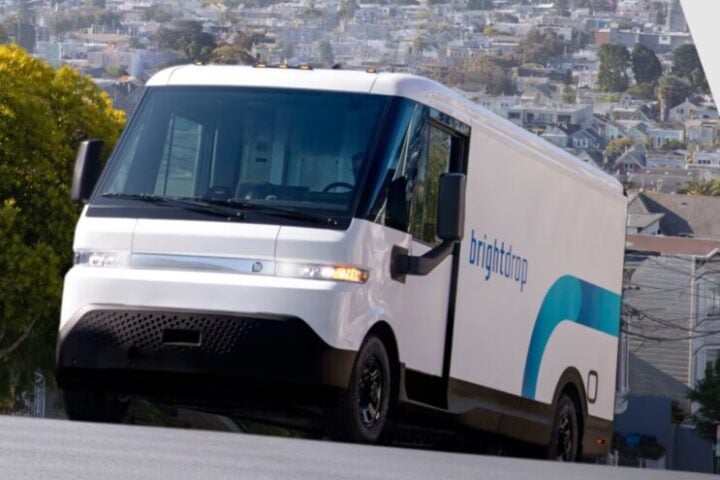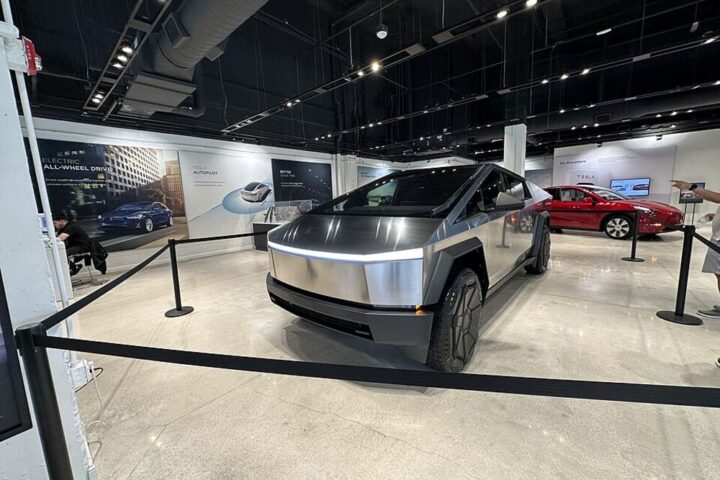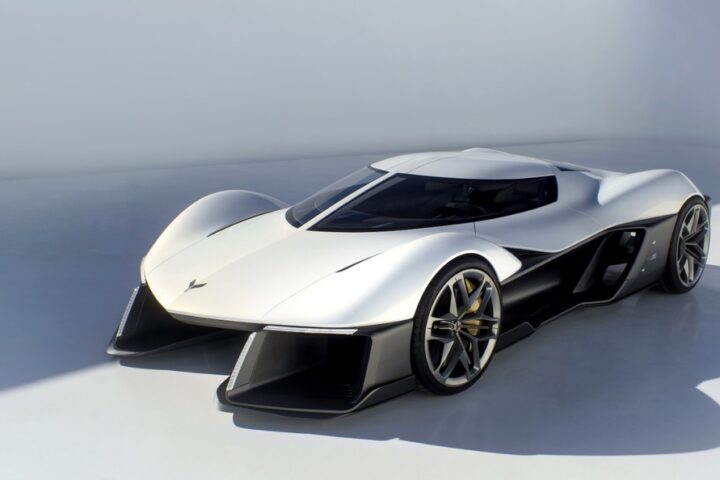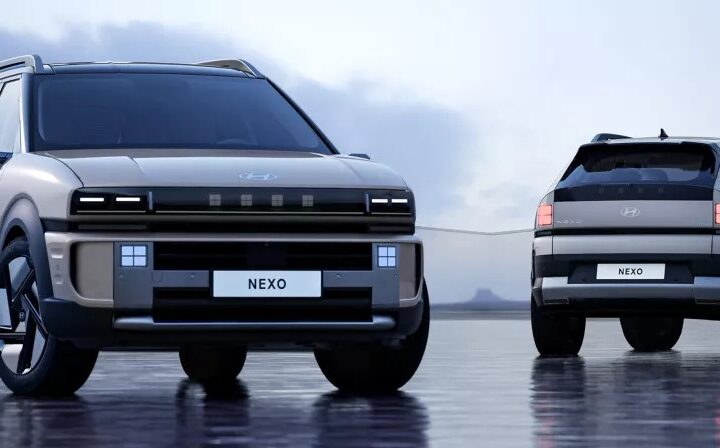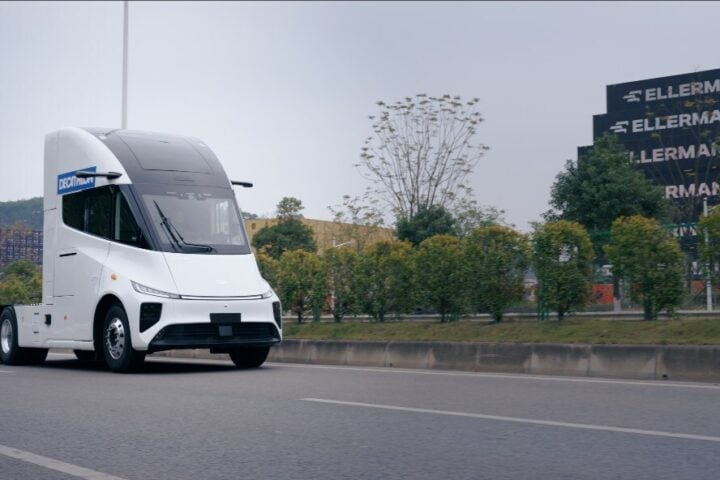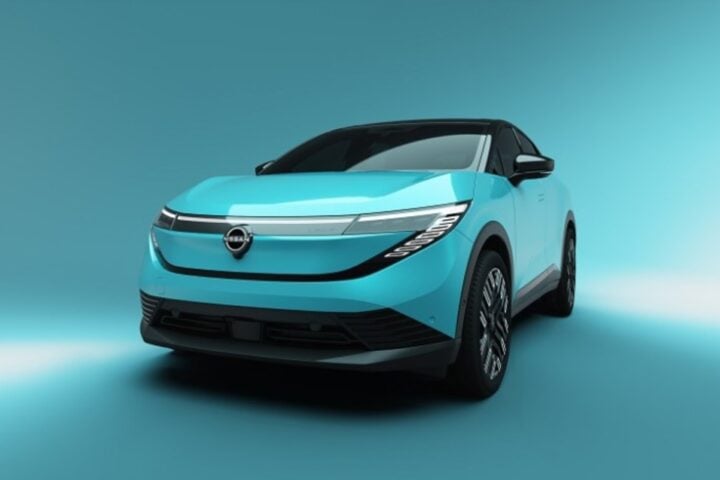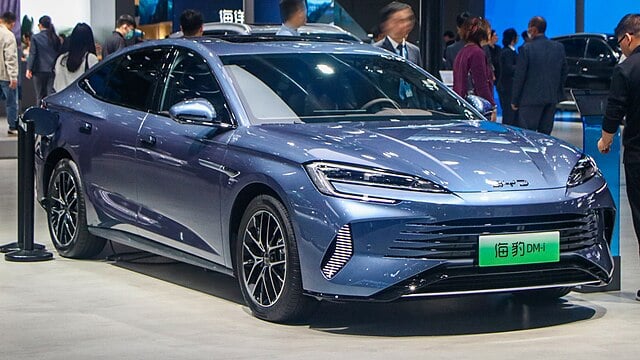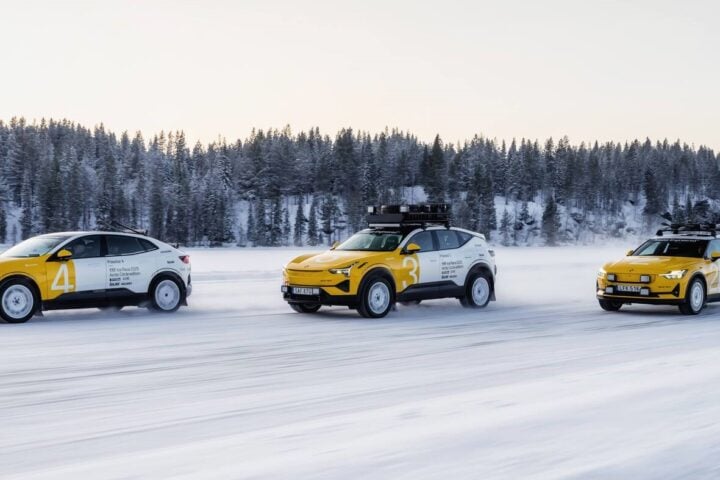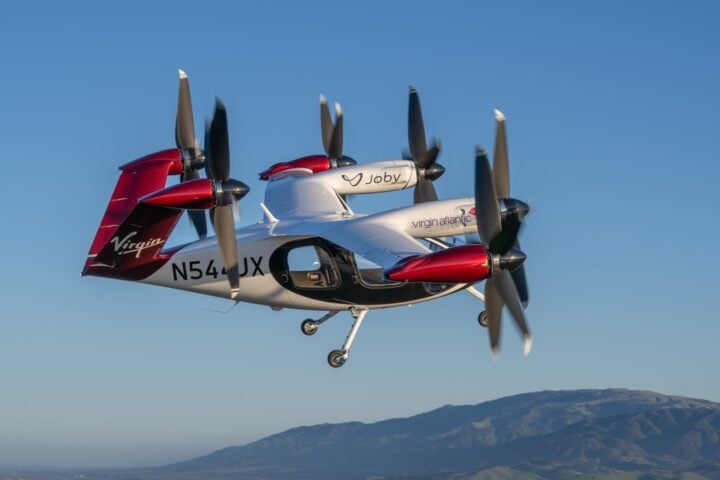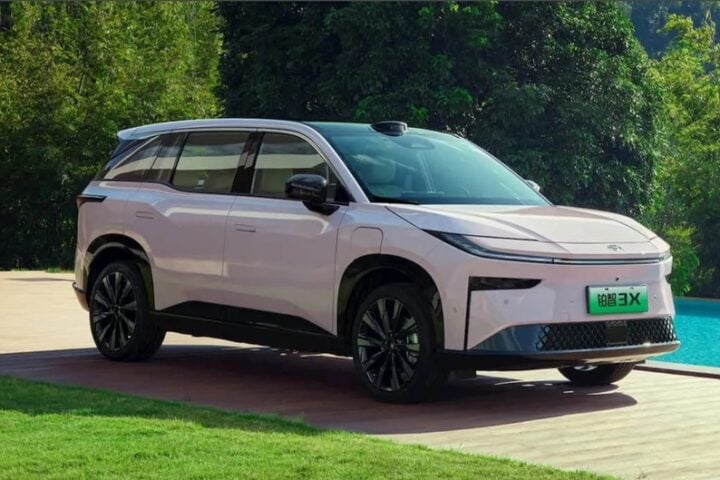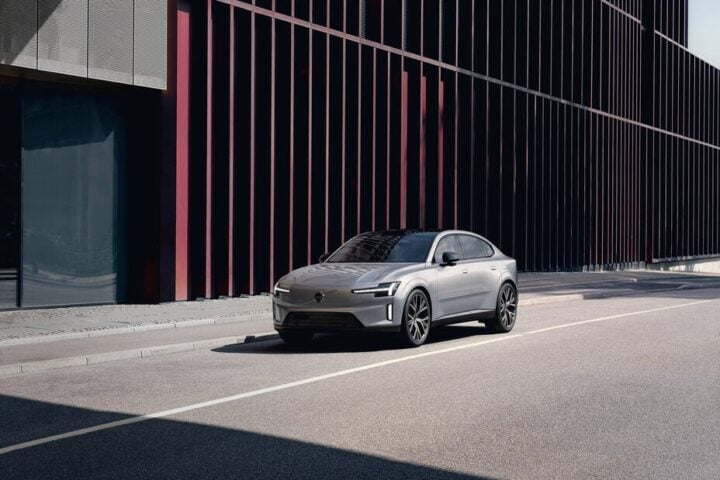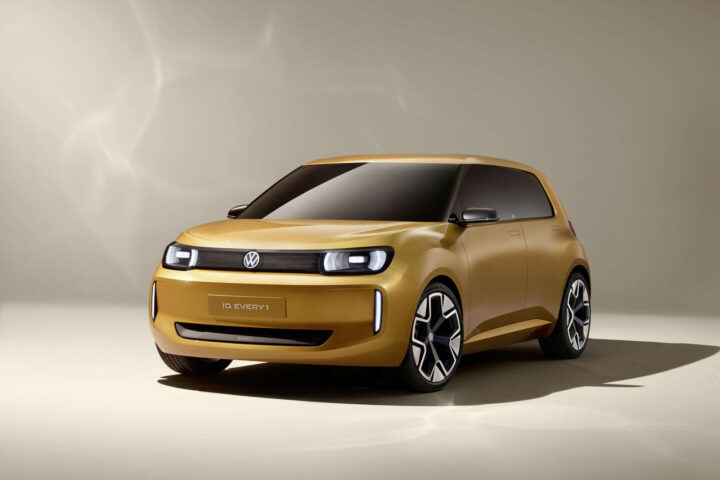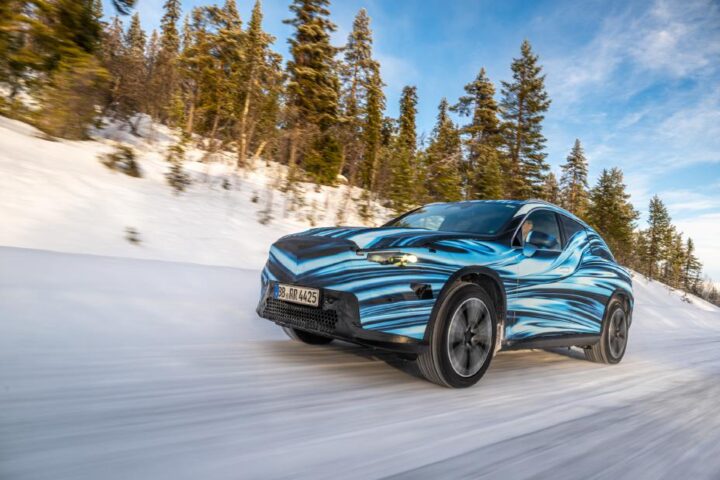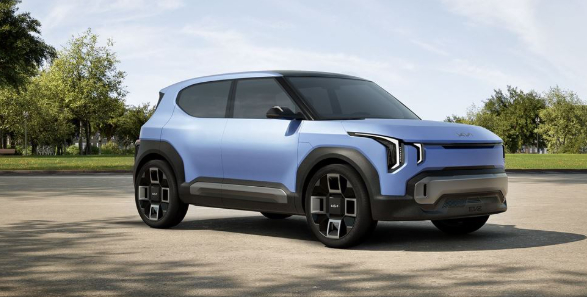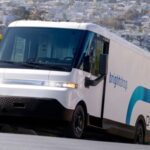Ford has hit a roadblock with its large electric SUVs. The problem? They’re too expensive to make, and customers won’t pay the high prices needed to cover costs.
“For larger electric SUVs, the economics are unresolvable,” Ford CEO Jim Farley said recently. He pointed out that these vehicles need to do things that drain batteries quickly – like towing trailers, driving off-road, and taking long trips.
Think of it this way: A big SUV is like a brick moving through the air. It needs a huge battery to push that brick around, especially when pulling a trailer. Those batteries are expensive, driving up the price tag. But when Ford asked customers if they’d pay extra for an electric version of vehicles like the Expedition SUV, the answer was clear – they wouldn’t.
The numbers tell the story. Ford’s electric vehicle division lost $4.7 billion in 2023. Those losses grew to $5.1 billion in 2024. This year, they expect to lose $5.5 billion.
So Ford is trying something different. They’ve canceled plans for a large electric SUV that would have competed with vehicles like the GMC Hummer EV. Instead, they’re working on what they call Extended-Range Electric Vehicles (EREVs). These can go over 700 miles on one tank using a combination of electric power and a gas generator.
Similar Posts
Commercial customers show more potential for large EVs. They can measure the total cost of ownership advantages and work with depot charging, according to Farley, which helps make the business case work better for them.
For regular buyers, Ford is now focusing on smaller electric vehicles. These need smaller batteries, which means lower prices. They’re also developing trucks and SUVs that can use different types of engines – electric, hybrid, or gas – depending on what customers want.
The first of these new vehicles will be a truck about the size of a Ford Ranger, coming in 2027. A team in California is working on making these vehicles affordable enough for more people to buy.
Ford’s experience shows that going electric isn’t as simple as just swapping gas engines for batteries. Different vehicles need different solutions. Smaller electric vehicles work well for daily commuters, according to Ford. But for now, larger SUVs and trucks might need a mix of gas and electric power to meet both environmental goals and customer needs.
